INSIDE ISSUE 19.30 | July 24, 2020
 BIG STORY: Half of S.C. renters at risk for eviction; state action unclear
BIG STORY: Half of S.C. renters at risk for eviction; state action unclear
NEWS BRIEFS: 100,000 internet hotspots to be offered through schools
COMMENTARY, Brack: Culture wars are exasperating, but may energize America for good
SPOTLIGHT: Conservation Voters of South Carolina
FEEDBACK: Keep speaking truth to power, more
MYSTERY PHOTO: Flags adorn impressive, grand entrance
S.C. ENCYCLOPEDIA: Polo in South Carolina
Half of S.C. renters at risk for eviction; state action unclear
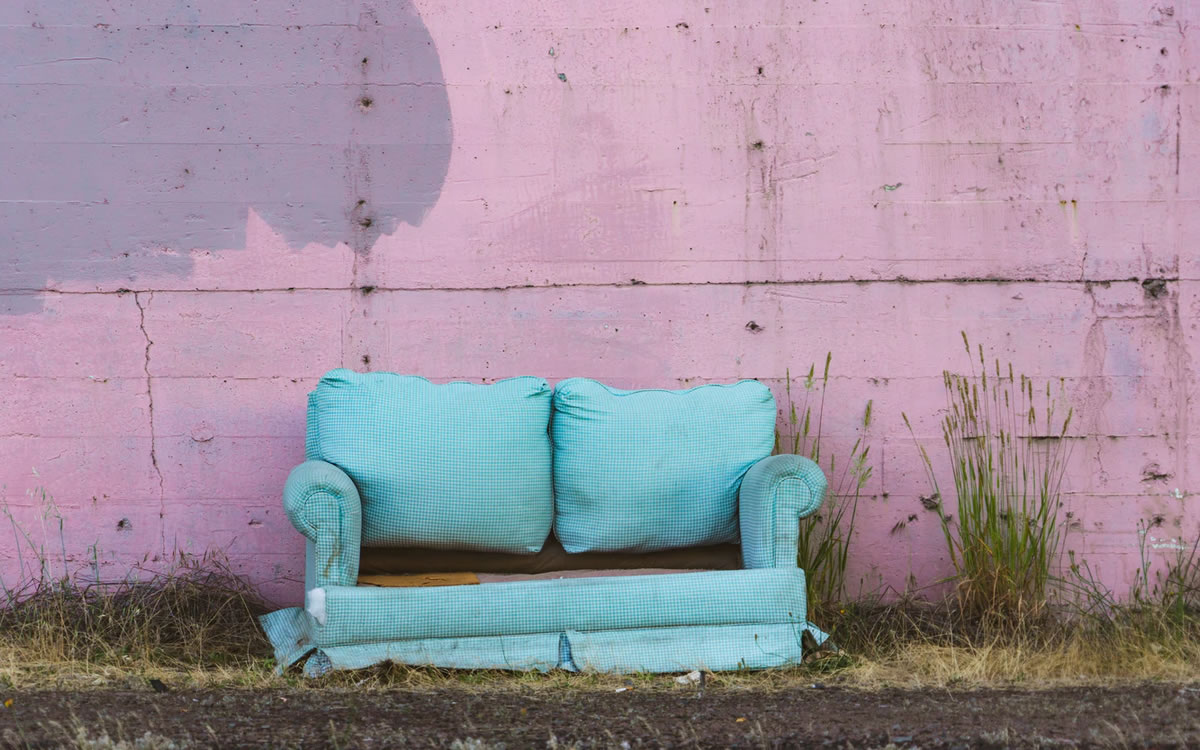
By Lindsay Street, Statehouse correspondent | Advocates for low-income South Carolinians fear hundreds of thousands of them could lose housing in the coming months thanks to a piling on of circumstances.
The state has seen a rise in evictions and homelessness since March, homeless advocates say. Things worsened after May when a state Supreme Court moratorium on court eviction filings was lifted. Now there’s a new double-whammy: First, federal aid of $600 per week in unemployment insurance expires next week; and second, a federal moratorium on federally-backed rental properties lifts this week.
While many wait to see if Congress will renew protections, it is unclear whether state officials will enact any other protections.

“It scares the crap out of me because of how unprepared we are as a state and a legal community,” S.C. Appleseed Legal Justice Center Executive Director Sue Berkowitz said.
This week, however, the S.C. Department of Unemployment and Workforce (DEW) extended South Carolina a limited unemployment benefit up to 16 weeks beyond the 20 weeks. The average weekly state benefit is $230. The agency has received 685,425 claims since mid-March.
“The groups hardest hit are people who have been working in hospitality, tourism related restaurants, things that were either immediately shut down or saw demand fall off the cliff,” said S.C. Housing Authority Chief Research Officer Bryan Grady. “Job losses in the last recession were a lot more widely spread across economic strata, whereas this crisis took out the financial security of the people at the bottom of the ladder.”
Nonprofits brace for a surge in evictions
Low-income and homeless resource nonprofits have reported an increase in need across the state amid the coronavirus pandemic and its associated pinch on the economy.

“We’re doubling or tripling the amount we are spending on financial assistance for those getting housed and those who have already been rehoused,”said Marco Corona, chief development officer of One80 Place, a homeless facility in Charleston. He added there has been a “surge in housing and food insecurity” and that evictions and homelessness are often linked.
While the June jobless rate was reported at 8.7 percent and DEW reported unemployment claimants on the week of July 18 fell by 4,983 over the previous week, a state-by-state tool estimates that 281,000 households of renters in the state — more than 53 percent of renters — may be at-risk of eviction.
Consulting firm Stout and The National Coalition for a Civil Right to Counsel developed the tool that estimates the number of households at-risk of eviction and households estimated to be evicted over the next four months by state, based on U.S. Census Bureau data.
Stout estimated Wednesday 190,000 eviction filings could be filed in South Carolina over the next four months. Not all evictions lead to court eviction filings.
Racial and income disparities appear to exist among those concerned they are unable to make next month’s rent, according to the survey. More than three-fifths of African American renters in the state have no or slight confidence in their ability to pay next month’s rent. According to last week’s numbers, 72 percent of Hispanic renters in South Carolina had little-to-no confidence in paying next month’s rent. However, this week’s numbers show that Hispanic households with little confidence in making next month’s rent is now at 40.4 percent, indicating more people feel confident in making their rent payment compared with last week.
White renters were not as shaky in their confidence: 27.4 percent are worried they will be unable to pay their landlord.
Of renters making less than $50,000, 42.4 percent reported they had little-to-no confidence in being able to pay rent come Aug. 1.
Since the state’s moratorium on eviction filings ended in May, South Carolina Legal Services has reported a 170 percent increase in cases of people asking for eviction defense in cases with private landlords. Of the 339 eviction protection applicants in private landlord cases, 157 have been filed in the last two months, according to attorney Mark Fessler.
The S.C. Housing Authority allocated $5 million in federal funds toward a rental assistance program administered through SC Thrive, a statewide nonprofit focused on coordinating assistance. According to the nonprofit, the average one-time payment is $1,500. So far, there have been more than 2,500 completed applications with more than 400 approved for assistance, the nonprofit reported.
Further action unclear in South Carolina
It’s unclear if the state will enact any further protections. Gov. Henry McMaster’s media liaison Brian Symmes did not respond to questions. McMaster owns several rental properties in Columbia. House Speaker Jay Lucas’ spokesman Nicolette Walters also did not respond to a request for comment.

Like the governor, Beaufort Republican Rep. Bill Herbkersman owns commercial and rental properties.
“I just don’t evict people, especially right now. Really, you try to work with everybody,” he said, adding that he has only evicted two people over 20 years. “The best thing to do is to work out what you can, cut it down to where they can afford it because, first of all, the eviction process takes a long time any how.”
The March state court eviction case moratorium was enacted through a state Supreme Court order. Currently, South Carolina has no eviction protections. An attempt to reach Chief Justice Donald W. Beatty through staff was unsuccessful.

Charleston Democratic Rep. Marvin Pendarvis said it took the state’s chief justice to enact a moratorium because the governor’s office and legislature would not act.
“If the legislature wants to do something it will find a way to do something. It’s not for a lack of ability; it’s for a lack of will,” he said. “That’s not something our legislature had the appetite to do.”
The legislature will meet in September to discuss the 2020-2021 state budget.
“I’ll be asking for reinstatement of the eviction moratorium,” Pendarvis said. “My efforts will be met with much resistance.”
Advocates say another moratorium could help.
“The more that state agencies or state government and local municipalities can do to address the real pain points people experience in order to be safe, the better,” Corona said. “We’re in the middle of the crisis and the pandemic and the safest thing people can do is stay in their homes so we need to do everything we can do that people can maintain their homes with high unemployment.”
But Herbkersman said eviction is a tool landlords need for bad renters.
“We have to get all the stakeholders to the table. You can’t say, ‘Hey, you can’t evict people’ because then you get the bad people who take advantage of that,” Herbkersman said. “Then what do you tell the bank? ‘The state won’t let me make money.’”
He said renters should contact their landlords before they miss a payment and try to work out reduced rent. Staff at SC Thrive encouraged anyone worried about making rent to contact their office through their website. And for those who have already been served an eviction notice, South Carolina Legal Services attorneys said they can provide help.
- Have a comment? Send to: feedback@statehousereport.com
100,000 internet hotspots to be offered through schools

By Lindsay Street, Statehouse correspondent | State agencies are working to dole out 100,000 internet hotspots through public school districts beginning next week.
The S.C. Office of Regulatory Staff (ORS), the S.C. Department of Education and the state Commission on Higher Education this week began engaging school districts and higher educational institutions across the state to distribute mobile hotspots with paid bandwidth through December to at least 100,000 households and possibly as many as 200,000 households, ORS media relations manager Ron Aiken said.
Twenty-two high-poverty school districts have been given priority and a first shot at securing the devices, according to Aiken. For all school districts and educational institutions, applications begin Aug. 5, Aiken said, adding the legislature would review whether to fund the second half of the year. The state has 79 districts.
It’s estimated that more than 150,000 households in South Carolina do not have access to the internet — a problem highlighted during the current coronavirus pandemic that shuttered schools this spring and is causing many school districts to keep an online option this fall. School officials say they’re hoping the distribution of mobile hotspots will bridge the technology gap.
In other state news:
![]() Private voucher funding. The legislature is abuzz over Gov. Henry McMaster’s move Monday to allocate $32 million in pandemic relief funds for tuition grants to private schools. By Wednesday, state Circuit Court Judge Edgar W. Dickson in Orangeburg County issued a temporary block on the plan in response to a lawsuit that said McMaster’s move violated the state’s constitution, which prevents public dollars from directly benefiting private educational institutions. The one-time program sought to cover about 5,000 grants of up to $6,500 for students to attend private schools in the coming academic year and to help parents who might not be able to afford the expense otherwise. The money is part of the governor’s $48 million discretionary fund awarded through the federal coronavirus relief package. Ahead of the private school tuition move, McMaster allocated $2.4 million of the funds on July 9 toward Historically Black Colleges and Universities in the state. Six of eight of those colleges are private. The move went unchallenged.
Private voucher funding. The legislature is abuzz over Gov. Henry McMaster’s move Monday to allocate $32 million in pandemic relief funds for tuition grants to private schools. By Wednesday, state Circuit Court Judge Edgar W. Dickson in Orangeburg County issued a temporary block on the plan in response to a lawsuit that said McMaster’s move violated the state’s constitution, which prevents public dollars from directly benefiting private educational institutions. The one-time program sought to cover about 5,000 grants of up to $6,500 for students to attend private schools in the coming academic year and to help parents who might not be able to afford the expense otherwise. The money is part of the governor’s $48 million discretionary fund awarded through the federal coronavirus relief package. Ahead of the private school tuition move, McMaster allocated $2.4 million of the funds on July 9 toward Historically Black Colleges and Universities in the state. Six of eight of those colleges are private. The move went unchallenged.
Meriwether monument deemed offensive, but needs legislative action. An opinion by S.C. Solicitor Gen. Robert Cook and Assistant State Attorney Gen. David Jones concluded that the Meriwether monument in North Augusta is racially offensive and historically inaccurate, but that the legislature will have to act. Read more.
- Related: A lawsuit asked the state Supreme Court to declare Heritage Act unconstitutional. Read more.
- Related: Monument-supporting lawmakers and historians call on state leaders to withhold funding from cities violating the Heritage Act. Read more.
V.C. Summer fallout in the news this week. A former SCANA executive pleaded guilty to a $1 billion fraud against ratepayers and investors, and Santee Cooper finalized a $520 million ratepayer settlement in actions related to the failed V.C. Summer nuclear expansion project. The project was a joint venture between SCANA and the public utility, and it sunk $9 billion before shuttering without being completed in 2017.
Coronavirus to blame for 1,700 S.C. hospitalizations. More than 1,700 COVID-19 patients were hospitalized on Thursday and one-third of ventilators were in use as the state reported 98,621 confirmed cases of the virus (active and antibody testing). So far, 1,294 people have died in the state. Meanwhile this week, The Washington Post reported the number of cases in the United States may be 10 times higher than currently being reported.
Myrtle Beach House member resigns. Myrtle Beach Republican Alan Clemmons — known for his ardent support of Israel and his 2015 anti-boycott law — unexpectedly resigned his position last Friday after 17 years of service (and after winning the June Republican primary). Politicos didn’t have to wait long to see what Clemmons would do next. On Thursday, he was appointed to the state’s Board of Economic Advisers, according to his Twitter account.
Speaking of BEA, budget still unknown. The state’s revenue forecasters met Thursday to discuss updates to revenues (spoiler alert: not much has changed since May’s revised estimates), but final results for the 2019-2020 budget year and predictions for 2020-2021 will wait until 1 p.m. Aug. 24. A few tidbits from Thursday’s meeting:
- The budget year was expected to finish with a $40.1 million surplus — down considerably from February’s estimates — but during Thursday’s meeting the Department of Revenue announced there will be an additional $180 million added to that May figure. That means the budget year is on track to end at $220 million above expected revenues for 2019-2020;
- Lottery revenues through June totaled $492.8 million, which exceeded the estimate by $25.5 million; and,
- Motor fuel revenue totaled $565.3 million, which was $22.3 million below the February estimate.
First meeting of the House equitable policing committee next week. House Speaker Jay Lucas’ office announced the formation and meeting of the House Equitable Justice System and Law. Its first meeting is 1:30 p.m. July 28 in room 110 of the Blatt building. The committee is co-chaired by House Majority Leader Gary Simrill of Rock Hill and House Minority Leader Todd Rutherford of Columbia. Sixteen other members, including former SLED agent and House Speaker Pro Tempore Tommy Pope, are also on the committee. Tuesday’s meeting will include four presentations from professors and solicitors. See the agenda here.
- Related: Cobb-Hunter offers framework for police misconduct. Not named to the speaker’s committee, Orangeburg Democratic Rep. Gilda Cobb-Hunter held a press conference Thursday to announce a plan for addressing police misconduct. Read more.
Senators to talk testing and tracing. The Re-Open South Carolina Senate Select Committee’s panel on testing and tracing convenes 11 a.m. July 29 in room 105 of the Gressette building. See the agenda here.
Legislative Oversight panel looks at Medicaid mental health agency. The Legislative Oversight’s Healthcare and Regulatory subcommittee convenes 10 a.m. July 28 via Microsoft Teams to discuss a study of the S.C. Department of Health and Human Services. See the agenda here. The study has not yet been published. was released March 6, but given what happened in mid March, you may have missed it. Read it here.
- Have a comment? Send to: feedback@statehousereport.com
BRACK: Culture wars exasperate, but may energize America
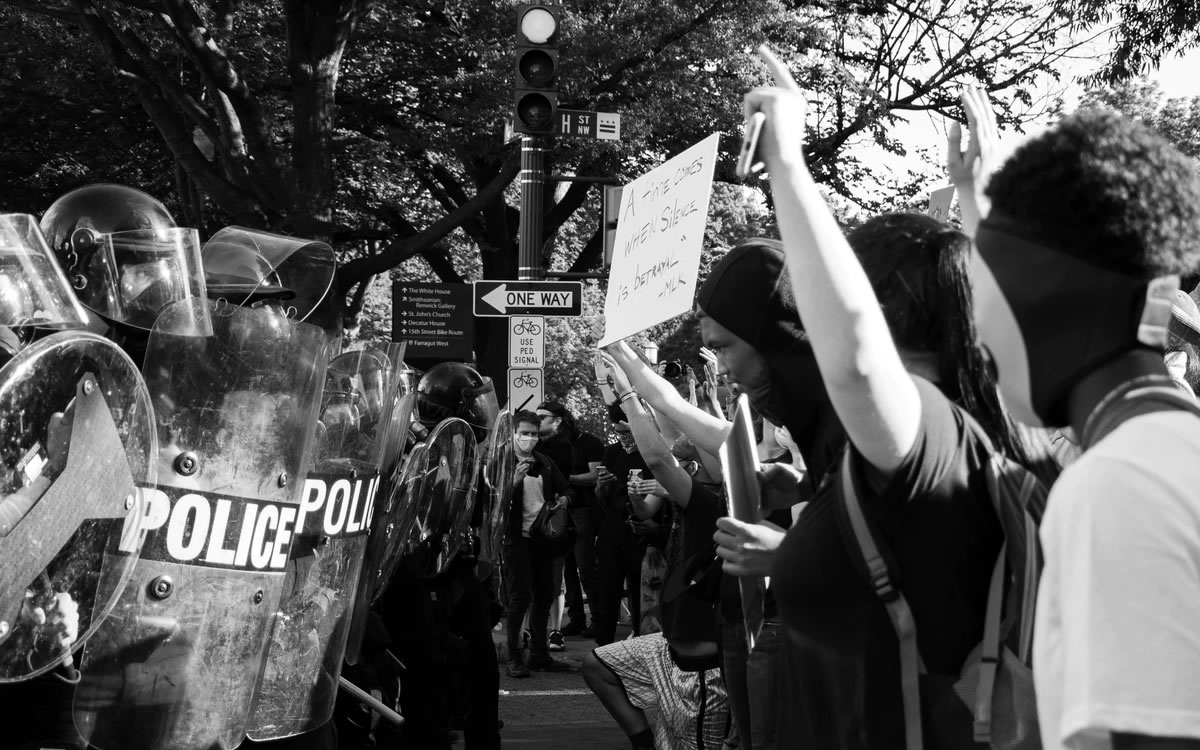
By Andy Brack, editor and publisher | America’s culture wars are wearing us out. There’s too much distrust, frustration and pent-up anger.
 Some want to make America great again, but that sends red flags to others who see the sentiment as dog whistles for a more divided society. Others wonder when America wasn’t great.
Some want to make America great again, but that sends red flags to others who see the sentiment as dog whistles for a more divided society. Others wonder when America wasn’t great.
Perhaps we can all agree on one thing: America is more polarized and divided than ever in recent memory. And maybe. Just maybe, we can use that which divides to unite us.
“The culture wars are wearing me out because it is a destructive zero-sum game predicated on the false assumption that it is necessary for one side to prevail over and thereby cancel the other,” state Sen. Tom Davis, R-Beaufort, said. “The level of intolerance and lack of empathy on both the warring sides is truly dispiriting.”
Republican strategist Chip Felkel was more pointed: “They pit family and friends against one another. They are fueled by half-truths exponentially spread by social media and individuals who seek reaffirmation of their own views much more so than than they actually seek real knowledge or understanding of the positions, influences and perceptions of their fellow citizens.
“Culture wars are the antithesis of the American story, by turning the melting pot into rancid stew.”
Retired Winthrop University professor Sue Rex said the county’s battles have “gone too far when lifelong friends are having serious disagreements over our administration and possible solutions to our world problems. I yearn for calmer days, and they are attainable, if we lay down the swords and expect a new national team spirit.”
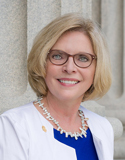
State Sen. Katrina Shealy, R-Lexington, said it’s not always clear what war is being fought.
“Are we fighting a political war, a race war, a Covid-19 war? My biggest war is to save South Carolina’s children and it should not have anything to do with what political party you belong to or what race you are. We should all want the same thing — keep our children safe from abuse and neglect, take care of their health care needs and educate them.”
Former Democratic state Sen. Phil Leventis of Sumter agreed the culture wars are discombobulating.
“It’s like arguing which lifeboats we will use — the one on the left side or the right side of the boat that is clearly sinking,” he said. “The government can’t solve all problems. There are no absolutes. Masks are not a silver bullet. The culture wars are more closely associated with rhetoric and sound bites. Bring forward the facts and let’s engage toward reaching a conclusion to do something.”
But while America may seem lost and wandering in a desert of ill will, what’s happening may be energizing our democracy, some suggest. Maybe most of us are uncomfortable because the country is in a teenage-like bubble of too many political and societal hormones. With time, we’ll grow out of it.
For example, the pandemic is forcing people to understand something good — the value of science, said Leventis.
“Science and investments in research and development toward out-innovating the rest of the world is the only way America can stay out front and remain a beacon of hope and freedom,” he said. “And the constant coverage of the virus has given us a view of people who are as American as apple pie. It’s amazing that so many of the physicians and staff who are on the front line ‘war against the virus’ are immigrants or first-generation [Americans] born in this country of immigrant parents.”
Retired journalist Herb Frazier of Charleston admitted the culture wars were draining because “people are dying at the cost of this foolishness and they highlight the racism that is embedded in this culture.” But he’s energized, too, because he believes the culture wars will motivate people to vote in November.
Former S.C. Rep. Vida Miller, D-Pawleys Island, echoed similar sentiments.
“I’m saddened that this is the only way many injustices will be taken seriously,” she said. “But the culture wars are energizing me because I’m hopeful this energy will turn into votes in November.”
Let’s hope we can pull together and unite — and stop the unnecessary bickering.
Andy Brack is editor and publisher of Statehouse Report. His column also is published in the Charleston City Paper, Florence Morning News, Greenwood Index Journal, The (Seneca) Journal, Camden Chronicle Independent and Hartsville Messenger. Have a comment? Send to: feedback@statehousereport.com.
Conservation Voters of South Carolina
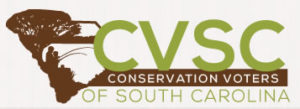 The Conservation Voters of South Carolina is a statewide nonprofit organization that fights for the Palmetto State’s air, water, land and energy through political action. The organization is bipartisan, pragmatic and effective.
The Conservation Voters of South Carolina is a statewide nonprofit organization that fights for the Palmetto State’s air, water, land and energy through political action. The organization is bipartisan, pragmatic and effective.
Through scorecards and advocacy at the Statehouse, CVSC holds South Carolina legislators accountable for their votes and actions. As a small organization that operates as a nonprofit and has a political action committee, we have a big impact. Learn more today by clicking any of the links below:
- CVSC Legislative Scorecards
- CVSC Issues
- CVSC News
- How to take action with CVSC
Keep speaking truth to power
To the editor:
![]() I regularly read your articles in Florence’s Morning News and enjoy your takes on state government.
I regularly read your articles in Florence’s Morning News and enjoy your takes on state government.
Today’s article was especially insightful and perceptive. You educated readers on our state’s unique constitutional structure when it comes to education; you called out the governor in an entertaining, yet spot-on, way which highlights his wishy-washy, conflicting approach to the pandemic; and you called out legislative leaders for their ironic grandstanding. You hit the trifecta!
Keep up the good work. We need more folks like you in our beloved state willing to speak truth to power.
— Karl A. Folkens, Florence, S.C.
A ploy to weaken public schools?
To the editor,
Governor [Henry] McMaster has not done his job, that he actually has the authority to do, which is issue a mask mandate, keep indoor gatherings to a minimum and prevent large gatherings in order to slow the spread of COVID-19. Now that conditions are unsafe for me to do my job — to teach — he is trying to use authority he does not have to order students back in school buildings five days a week.
I would like to investigate the reasons McMaster is trying to force the schools to open. “Parents need to go back to work” does not explain it because parents are working during the summer while kids are on vacation, even though most camps and summer day care activities remain closed.
Maybe this is a ploy to further weaken public schools in order to pave the way for more funding for private schools. I fear this is what Donald Trump and Betsy DeVos are trying to do at the federal level and it appears that the Trump supporters in S.C. are following suit. It was clear from comments at the press conference [about school opening] that these politicians, including McMaster, do not consider teachers to be professionals and care more for their political pet projects that reinforce systemic racism than they do for teachers, students or their families.
If these politicians actually cared about the most vulnerable students, they would be working to make a plan to bring back the students with special needs, the food and housing insecure students, and children of first responders and single parents. They would be working to provide hot spots or other Internet access for students who do not have access. Instead, they only emphasize their favorite phrase: parent choice. Privileged parents have many more ‘choices’ than single moms, grandparents raising kids or parents dealing with an economic crisis.
— Name withheld upon request, Kershaw County, S.C.
What do you think?
We love hearing from our readers and encourage you to share your opinions. But you’ve got to provide us with contact information so we can verify your letters. Letters to the editor are published weekly. We reserve the right to edit for length and clarity. Comments are limited to 250 words or less. Please include your name and contact information.
- Send your letters or comments to: feedback@statehousereport.com
Flags adorn impressive, grand entrance
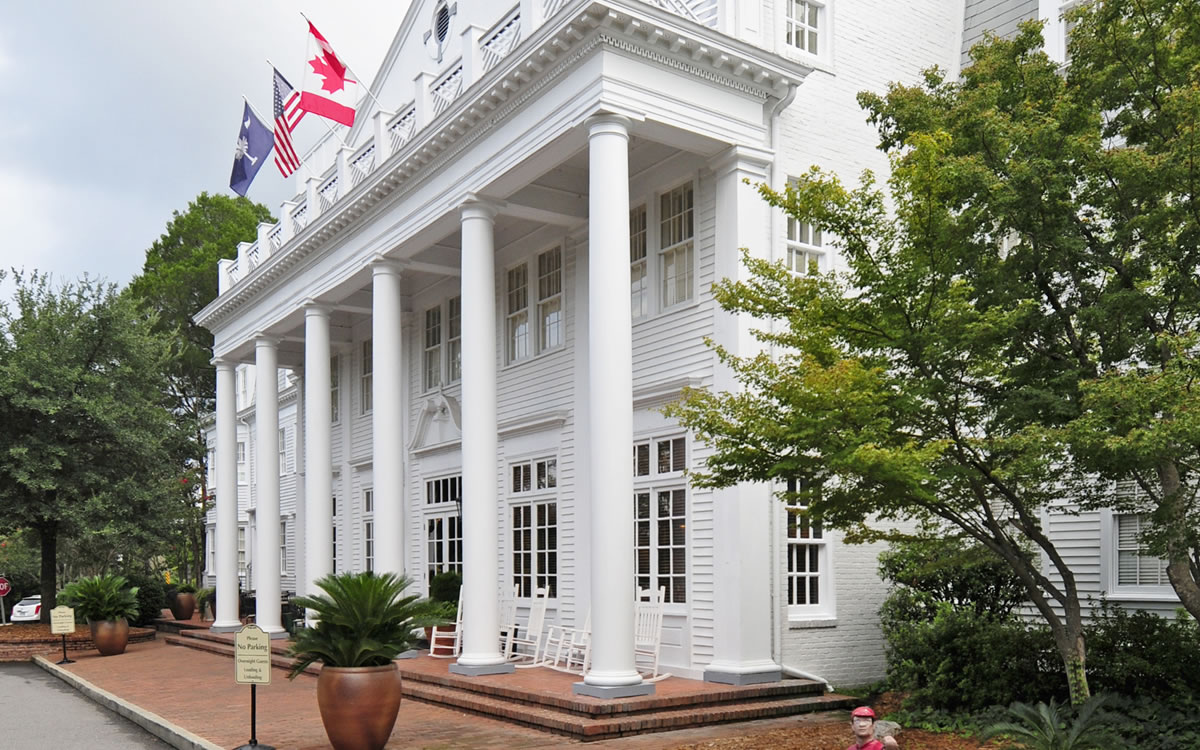
Here’s an important-looking place replete with three different flags. But where is it? Why might it have been in recent news? Send your best guess of what it is as well as something about it. Send to feedback@statehousereport.com. And don’t forget to include your name and the town in which you live.
Our previous Mystery Photo
 Our July 17, “Marble statue in historic place,” shows the pensive “Winter” statue at Middleton Place near Charleston.
Our July 17, “Marble statue in historic place,” shows the pensive “Winter” statue at Middleton Place near Charleston.
Hats off to those who identified it: George Graf of Palmyra, Va.; Daniel Prohaska of Moncks Corner; Jacie Godrey of Florence; Frank Bouknight of Summerville; Jay Altman of Columbia; and Marian Greely of Chalreston.
Prohaska said the statue is positioned in one of four corners of the Secret Gardens at Middleton Place.
Graf provided some thoughts and information about the statue: “Back in the 1700s, the famous French sculptor, Jean-Antoine Houdon, created a masterpiece work personifying the winter season as a girl looking down and clutching her frayed shawl with crossed arms in the cold. It is on display at the Metropolitan Museum of Art. It resembles the statue at Middleton Plantation. However the French Winter version has only a shawl and nothing else and was deemed somewhat erotic. So maybe, that sculpture was used, but the Middleton version had a bit more clothing added, but nearly the same posture.
- Send us a mystery: If you have a photo that you believe will stump readers, send it along (but make sure to tell us what it is because it may stump us too!) Send to: feedback@statehousereport.com and mark it as a photo submission. Thanks.
Polo in South Carolina
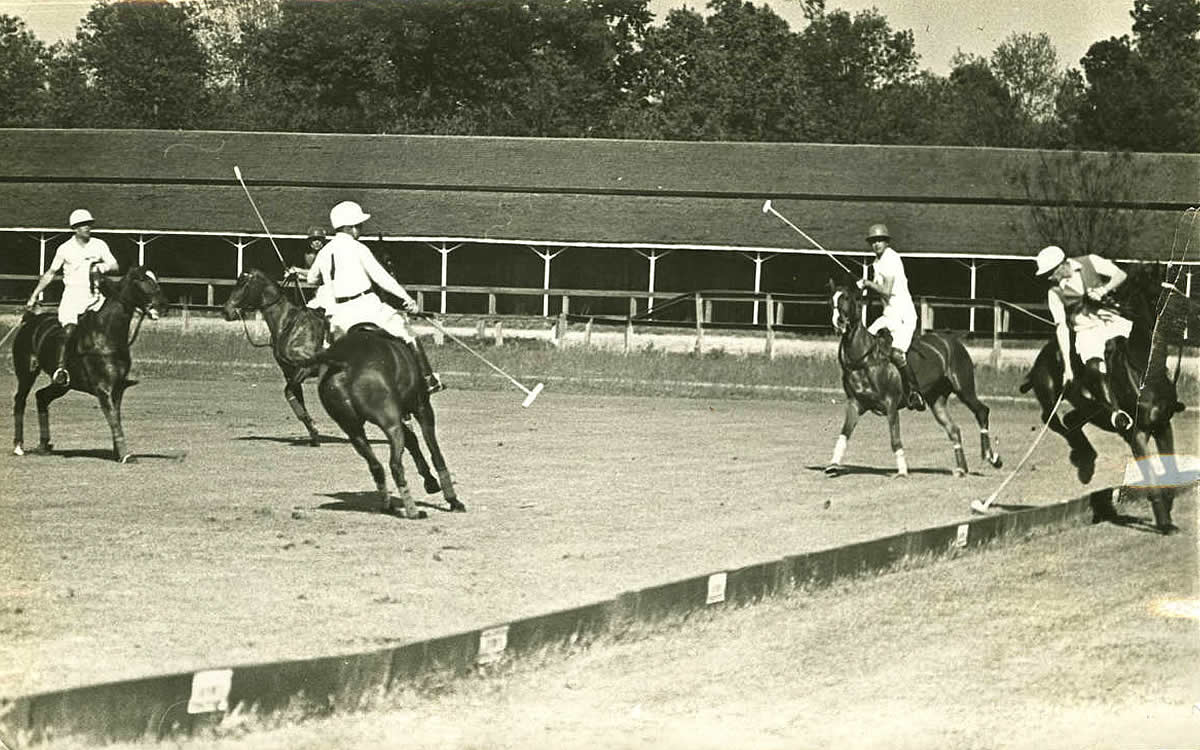
Polo has been played in South Carolina nearly as long as it has existed in the United States. Polo began in modern-day Iran sometime between 500 b.c.e. and 100 c.e. The sport spread east and was encountered by the British military in India in the 1860s. In 1876 the sport was brought to the United States.
The first polo game in South Carolina was played on March 27, 1882, in Aiken, which has remained a major center for the sport. Attracted to South Carolina’s congenial winter climate, American polo pioneers such as Thomas Hitchcock, W. C. Eustis, and Harry Payne Whitney made Aiken their winter home. Whitney Field in Aiken, built by Hitchcock and sold to Whitney, may be the oldest polo field in America in continuous use. Aiken has also been a training center for polo ponies since the 1910s. The Aiken Polo Club, founded in 1882, is one of the nation’s oldest. The Camden Polo Club was founded in 1900.
During what was known as “the golden age of polo,” through the 1950s, Aiken was the winter capital of polo in the United States. During this time polo was also an active sport in Columbia and Camden, with regular Sunday afternoon matches.
Polo continued to have a strong showing in the early twenty-first century. In 2004 there were fourteen polo fields in Aiken, which hosted sixteen-and twenty-goal tournaments during the fall and spring, some drawing entries from throughout the United States.
Thirty polo professionals made their home in Aiken in that year, and there were active United States Polo Association clubs in Aiken, Charleston and Columbia.
— From an entry by Don Barton. This entry has not been updated since 2016. To read more about this or 2,000 other entries about South Carolina, check out The South Carolina Encyclopedia, published in 2006 by USC Press. (Information used by permission.)
ABOUT STATEHOUSE REPORT
Statehouse Report, founded in 2001 as a weekly legislative forecast that informs readers about what is going to happen in South Carolina politics and policy, is provided to you at no charge every Friday.
Meet our team
- Editor and publisher: Andy Brack, 843.670.3996
- Statehouse correspondent: Lindsay Street
We’re proud to offer Statehouse Report for free. For more than a dozen years, we’ve been the go-to place for insightful independent policy and political news and views in the Palmetto State. And we love it as much as you do.
But now, we can use your help. If you’ve been thinking of contributing to Statehouse Report over the years, now would be a great time to contribute as we deal with the crisis. In advance, thank you.
Buy the book
Now you can get a copy of editor and publisher Andy Brack’s We Can Do Better, South Carolina! ($14.99) as a paperback or as a Kindle book ($7.99). . The book of essays offers incisive commentaries by editor and publisher Andy Brack on the American South, the common good, vexing problems for the Palmetto State and interesting South Carolina leaders.
More
- Mailing address: Send inquiries by mail to: 1316 Rutledge Ave., Charleston, SC 29403
- Subscriptions are free: Click to subscribe.
- We hope you’ll keep receiving the great news and information from Statehouse Report, but if you need to unsubscribe, go to the bottom of the weekly email issue and follow the instructions.
- Read our sister publications: Charleston City Paper (every Wednesday) | Charleston Currents (every Monday).
- © 2020, Statehouse Report, a publication of City Paper Publishing, LLC. All rights reserved.















 We Can Do Better, South Carolina!
We Can Do Better, South Carolina!
Pingback: More evictions ahead? + Culture wars, 100,000 hotspots – BirdEyesNews
Pingback: NEW for 7/24: More evictions ahead? + Culture wars, 100000 hotspots – Statehouse Report